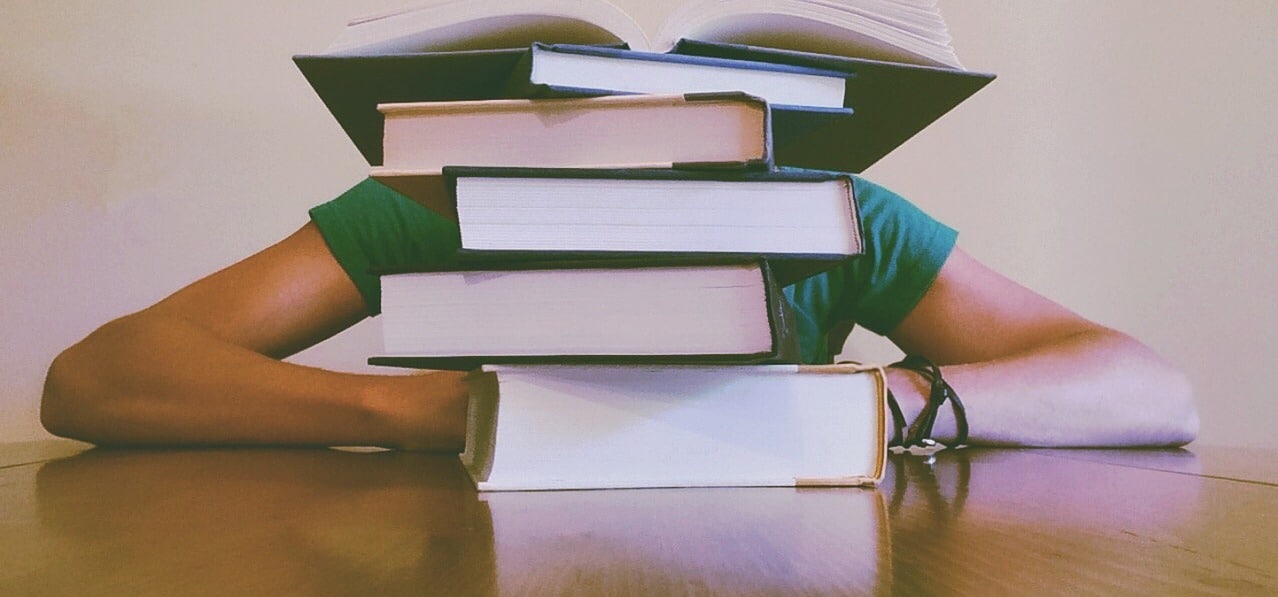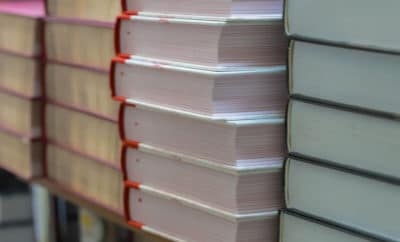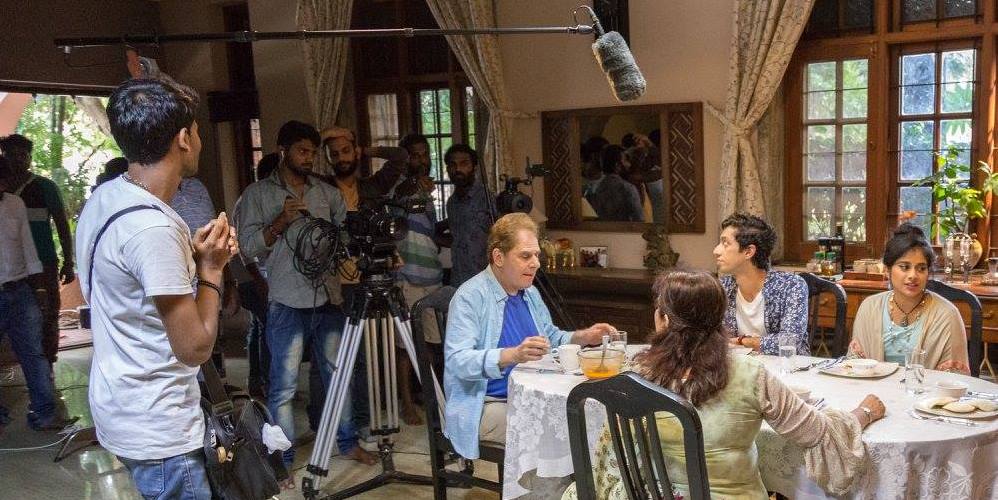Education
California Authorities Suggest Changes in Textbooks After NRI Community Protests

Representational Image
Creative Commons
The board-recommended textbooks are expected to be adopted by school districts early next year.
After the Indian American community raised objections over the way Hinduism and India were portrayed in school books, authorities in California have suggested corrections to the proposed textbooks in the state.
The Indian community in the United States was demanding removal of “biased and inequitable portrayal” of the Hindu community in textbooks, prompting California’s Department of Education (CDE) to make several updates to the framework on which textbooks are based through inputs by scholars, students and community members. The textbooks are set to include concepts like yoga, stories of sages Vyasa and Valmiki, literature from Sanskrit and Tamil languages, and Indian achievements in science and technology.
At a public hearing this week held by the California Department of Education’s Instructional Quality Commission (IQC), which conducts textbook adoption process, Indian Americans, LGBT groups and African American communities took up the issue of their portrayal and their histories.
The Indian American community submitted to the IQC that “textbook drafts demonized Hindus and Indians by promoting orientalist narratives.” A petition signed by over 8,000 people demanding the withdrawal of biased and inaccurate content was also submitted. The state board also heard from Indian American students who claimed they were bullied because of content that perpetuated stereotypes about their culture.
While the department rejected disparaging images and made a few positive changes, many of the textbook narratives still contain extensive inaccuracies and stereotypes, according to Shantharam Nekkar of Hindu Education Foundation, PTI reported.
Nekkar added that several items that are mandated in California History-Social Science textbook framework for India and Hinduism are being ignored by some publishers. “We will continue to seek the accurate inclusion of our history, including yoga, Hindu philosophy, Sanskrit and Tamil Sangam literature, Jainism and the contributions by Hindu Dalit saints and sages,” he said.
The week-long protest in California against misrepresentation of the Indian American community saw a large number of parents, students, community leaders gather to push their demands. Ahead of the public hearing, a group of 25 lecturers from universities throughout the United States submitted a letter to the CDE saying that the textbook drafts were problematic and that they should make “substantive enhancements to textbook drafts with a purpose to mirror accuracy and cultural competency”.
The IQC will submit its recommendations to the State Board of Education (SBE) for its approval in November. The board-recommended textbooks are expected to be adopted by school districts early next year.
The submissions to the board by the Indian American community is being seen warily by scholars, who believe that this will only serve to sanitize history. “Our duty is to make sure that the history is keeping with the scholarly research rather than give in to what a particular group wants,” Thomas Hansen, a professor of anthropology at Stanford, told the New York Times.
Hindu American Foundation director Samir Kalra, however, pointed out, “We’re not saying that some of these things should not be mentioned, but they should be mentioned accurately with nuance.”



